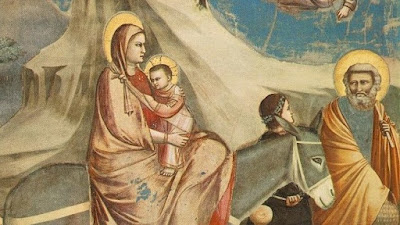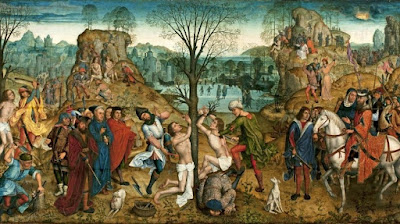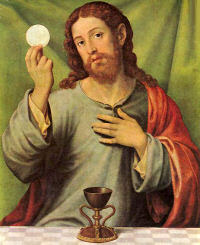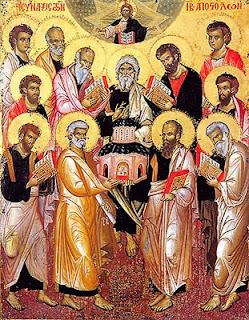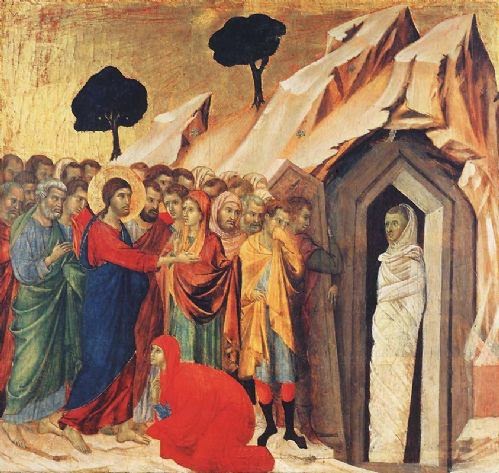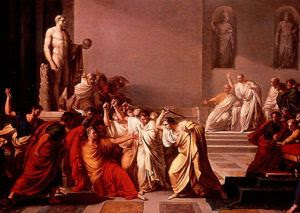Homily for the Solemnity of the Most Holy Body and Blood of Christ (Corpus Christi), June 14, 2020, Year A
Fr. René J. Butler, M.S. La Salette Missionaries of North America Hartford, Connecticut ( Click here for today’s readings ) I wonder how long I will be remembered after I die. I wonder, too, what I will be remembered for. Shakespeare wrote, “The evil that men do lives after them; the good is oft interred with their bones.” What would you like to be remembered for? What do you think you will actually be remembered for? You might have to write your memoirs to ensure that the answer to both questions is the same. What will guarantee that remembrance? Photos? Mementos? The day will surely come when someone will look at those pictures and say, “They should have written the names on the back.” And the mementos will end up in a box and someone for whom they no longer have meaning will one day discard them. A monument would be nice! The Statue of Abraham Lincoln in the Lincoln Memorial was sculpted by Daniel Chester French. It’s a “memorial” precisely because it guarantees that Linc
